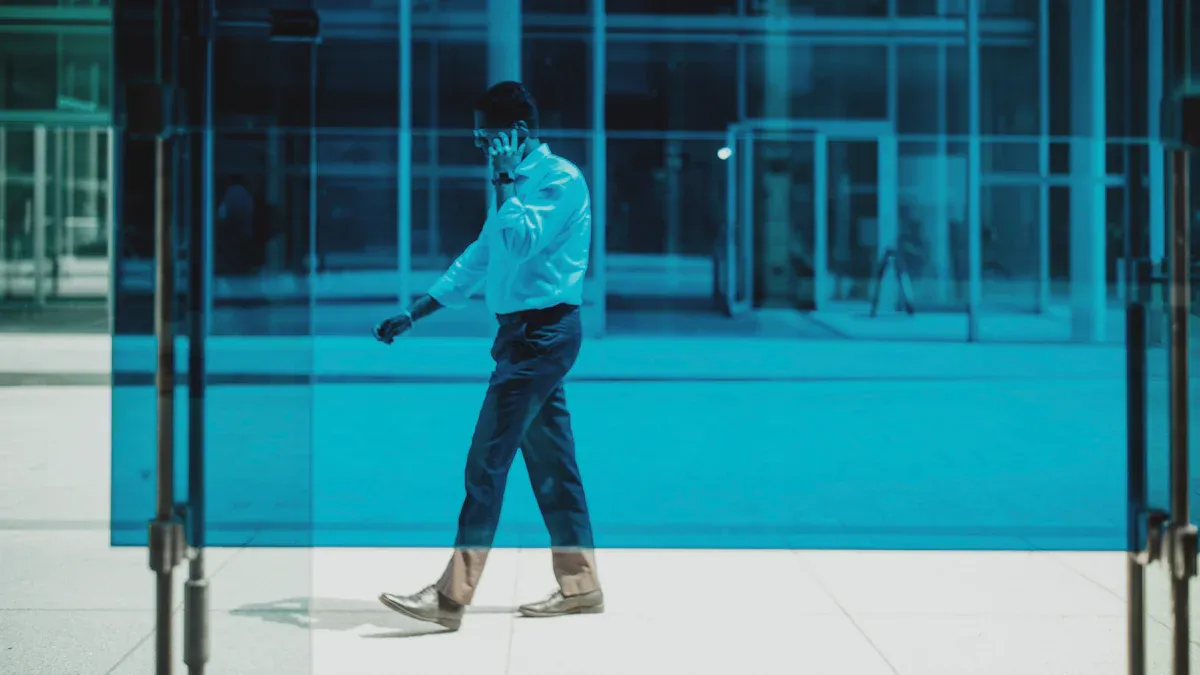Waterproof cement, also known as hydraulic cement, is a versatile construction material that plays a crucial role in various industries. Its ability to resist water penetration makes it an ideal choice for structures exposed to moisture. However, the durability and lifespan of waterproof cement are essential considerations for builders and engineers. In this blog post, we will delve into the factors influencing the longevity of waterproof cement and provide valuable insights for professionals and enthusiasts alike.
- Composition and Quality:
The composition and quality of waterproof cement significantly impact its lifespan. Generally, waterproof cement consists of Portland cement, aggregates, and additives. The quality of these components, such as the cement's fineness, aggregate strength, and chemical admixtures, directly affects the durability of the final product. High-quality materials and precise proportions during the manufacturing process contribute to a longer-lasting waterproof cement. - Environmental Factors:
The environment in which waterproof cement is used plays a vital role in determining its lifespan. Factors such as temperature fluctuations, exposure to chemicals, freeze-thaw cycles, and UV radiation can affect the integrity of the cement. For instance, in regions with extreme weather conditions, waterproof cement may deteriorate more rapidly. Proper consideration of these environmental factors during construction and regular maintenance can extend the lifespan of waterproof cement. - Application Techniques:
The application technique employed during the installation of waterproof cement is crucial for its long-term performance. Improper mixing, inadequate curing, or insufficient thickness can compromise the cement's ability to resist water penetration. It is essential to follow industry best practices and guidelines to ensure a proper application, including thorough surface preparation, correct mixing ratios, and adequate curing time. - Maintenance and Repair:
Regular maintenance and timely repairs are essential to maximize the lifespan of waterproof cement. Periodic inspections can identify any signs of deterioration, such as cracks or leaks, allowing for prompt repairs. Additionally, applying protective coatings or sealants can enhance the cement's resistance to water and other damaging elements. Adhering to a proactive maintenance schedule can significantly extend the lifespan of waterproof cement structures.
Conclusion:
In conclusion, the longevity of waterproof cement depends on various factors, including composition, quality, environmental conditions, application techniques, and maintenance practices. By understanding these factors and implementing appropriate measures, professionals can ensure the durability and effectiveness of waterproof cement structures. Whether it is used in basements, swimming pools, or other water-exposed areas, waterproof cement, when properly installed and maintained, can provide long-lasting protection against water infiltration.

